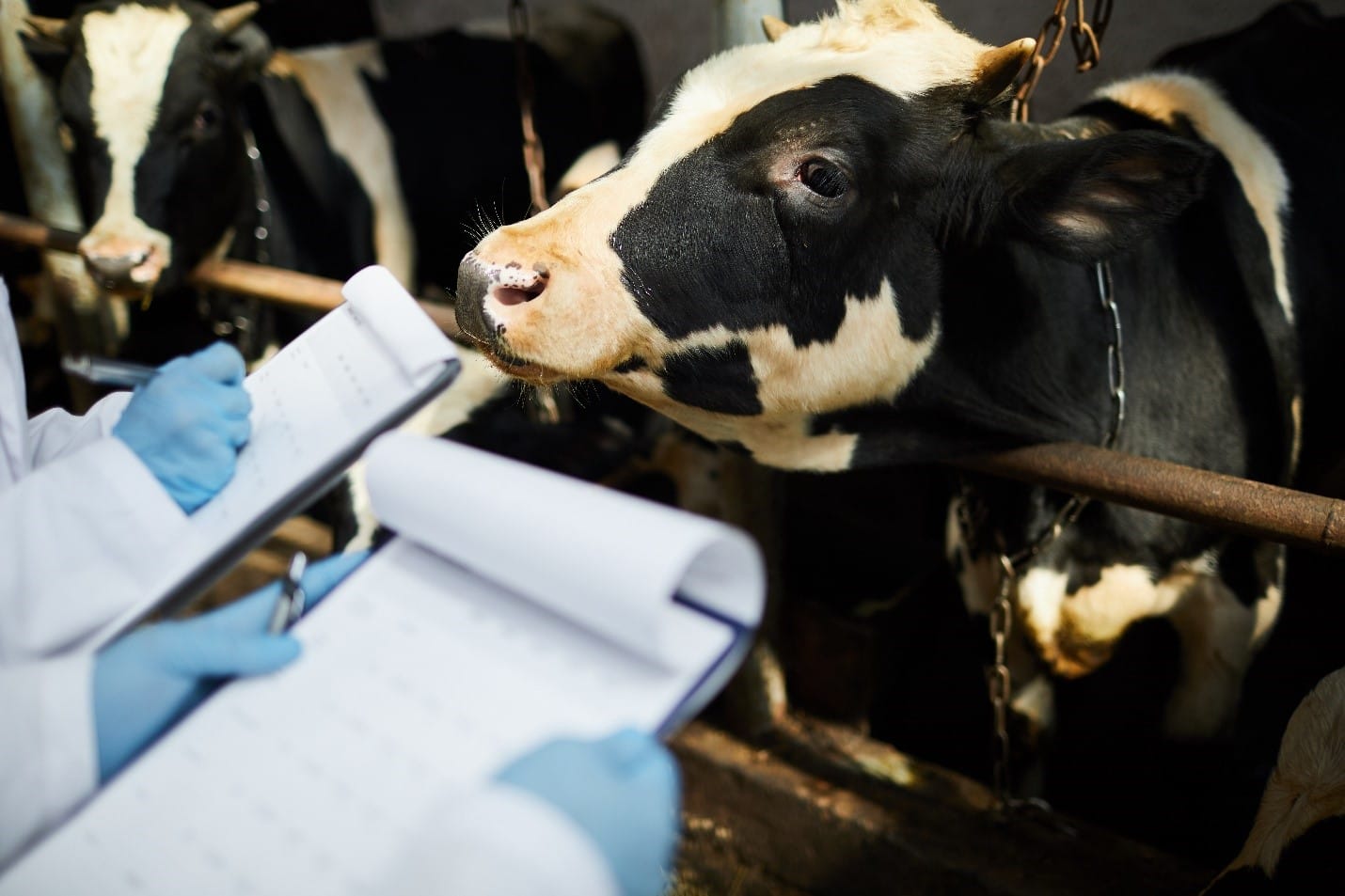Biosecurity in the farm plays an essential part in protecting agricultural systems from the dangers of disease or pests as well as other dangers. In Malaysia due to its vast agriculture and growing trade in the global market, having solid biosecurity safeguards is crucial. With effective preventive measures, Malaysia can fortify its agriculture sector, safeguard the livelihoods of farmers, and provide food security to its people. This article focuses on the importance of ensuring the biosecurity of farms in Malaysia and outlines key steps and programs aimed at improving biosecurity in the country.
Biosecurity in the farm is a comprehensive system of methods that aim to reduce the spread and introduction of spread of disease, pests and other dangers within the agricultural setting. Biosecurity deficiencies can have devastating consequences. practices can be catastrophic which can result in massive financial losses, diminished crop yields and deterioration of security of food items. In focusing on biosecurity in the farm, Malaysia can mitigate the threat of outbreaks of diseases and preserve the productivity of its agriculture and ensure sustainability of the production chain for food.
An effective disease surveillance program is crucial for efficient biosecurity in the farm. Malaysia has made huge advancements in improving surveillance of diseases and early detection methods. In Malaysia, the Department of Veterinary Services (DVS) works with farmers, veterinarians and others to run periodic disease surveillance programs to ensure timely detection of infections and prompt response to any epidemics. This approach is proactive and allows for rapid containment, which helps in limiting the spread of disease and prevents extensive destruction to animals and crops.

To promote a sense of biosecurity awareness and encourage the best practices in biosecurity, Malaysia has prioritized biosecurity educational and training programs. The government, working with the agricultural institutions and universities offers seminars, workshops as well as training sessions that provide industry professionals and farmers with the expertise and knowledge to put into place strong biosecurity practices. In empowering citizens with current knowledge, Malaysia strengthens its collective ability to reduce and manage biosecurity-related risks efficiently. For more information please visit here https://sunzencorp.com/
The international trade sector plays an important aspect in Malaysia’s farming industry, but it also creates biosecurity risks. To protect against the spread of exotic diseases and pests and other pests, Malaysia’s Malaysian government has established strict rules for imports and border security measures. This includes obligatory inspections, quarantine procedures and requirements for certification of imports of animals, plants and agricultural goods. In ensuring the strictest adherence to these rules, Malaysia minimizes the risk of spreading harmful pathogens and bugs into its agriculture infrastructure.
Upholding high standards in sanitation and hygiene in the farm is essential to biosecurity. Farmers in Malaysia should implement thorough cleaning and disinfection methods in order to reduce the risk of transmission of pests and diseases. This includes disinfecting machinery, vehicles, and buildings, and also taking care of waste disposal and adhering to strict protocols to protect employees and visitors. In focusing on hygiene in the farm, Malaysia enhances its overall preventive efforts to fight disease and protects the longevity of the agricultural sector.


